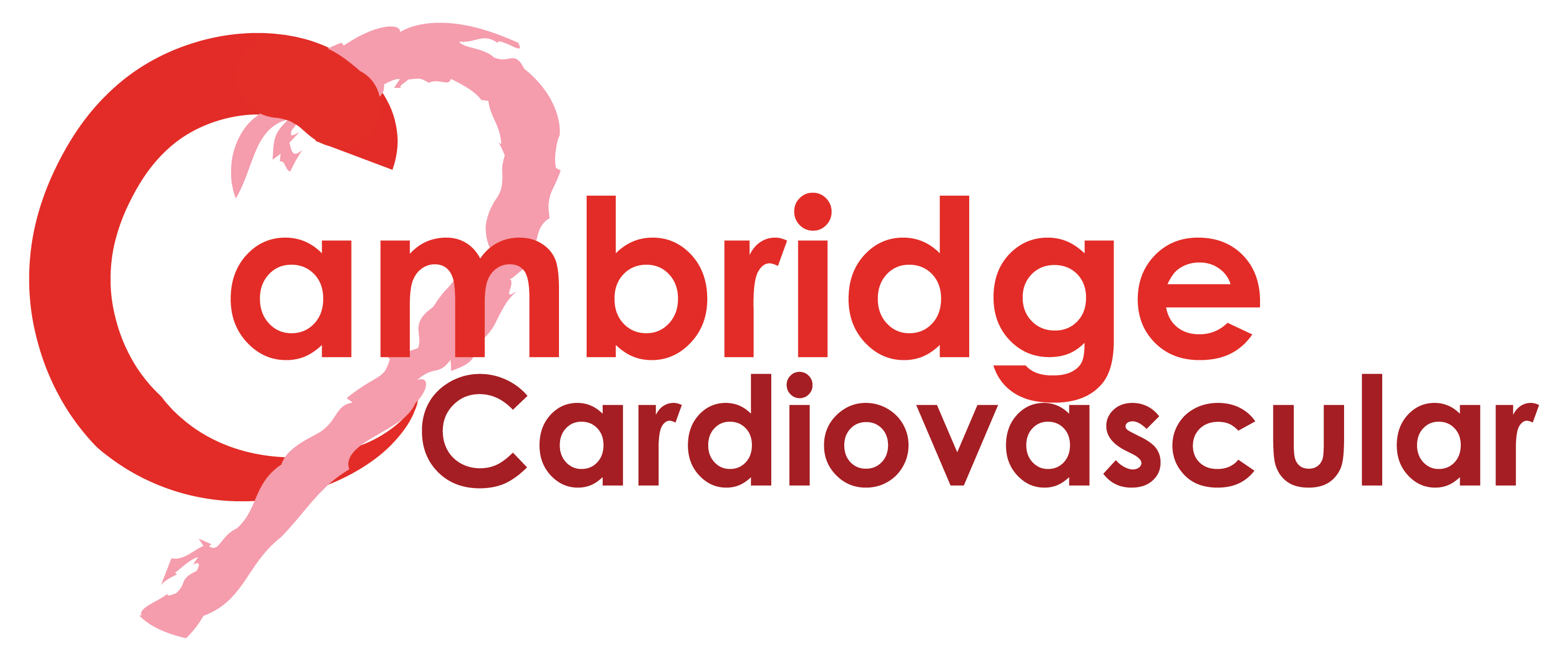Professor Richard Haynes, Oxford
‘Trials – expect the unexpected’
Richard Haynes is Professor of Renal Medicine and Clinical Trials. He is a practising honorary consultant nephrologist at the Oxford Kidney Unit and jointly leads the Renal Studies Group within CTSU. He came to CTSU in 2006 during his clinical training to work on the THRIVE trial with Professor Jane Armitage and Professor Martin Landray. He has since worked on several cardiovascular trials, and helped establish and conduct several trials in nephrology including the 3C Study in kidney transplantation, UK HARP-III, EMPA-KIDNEY and EASi-KIDNEY. He was the clinical trial unit lead for RECOVERY when it was set up in 2020 for which he was awarded an MBE in the 2021 New Year Honours. He continues to work in trials in outbreak situations including PLATINUM (mpox) and PARTNERS (filovirus disease) and is interested in applying streamlined trial methods to other areas of medicine. He also teaches on the MSc in Global Health Science and Epidemiology and MSc in Clinical Trials, and through these courses and by demonstrating examples wants to make randomisation a normal part of clinical care in health systems worldwide.
Dr Meri Nus, Cambridge
‘Time for a T-Break in the Battle of the Sexes in Atherosclerosis’
Dr Meritxell Nus focuses on the interaction adaptive immune response, diet and gut microbiota and its effect on atherosclerosis. She has worked extensively on the role of B cells in atherosclerosis. She was the first one to discover that Marginal Zone B cells protects from atherosclerosis, regulated by and by regulating atheroprotective T follicular helper cells. Her group is now trying to find ways to modulate B and T cells to decrease atherosclerosis burden.
She did her PhD on the interaction between functional food and oxidative stress in human atherosclerosis in the Universidad Complutense de Madrid (Spain) for what she was awarded a few Prizes from the Spanish Royal Academy of Doctors and the National Academy of Pharmacy. Then intrigued by the molecular pathways that modulate cardiovascular diseases, she joined Dr de la Pompa’s lab in the Centro Nacional de Investigaciones Cardiovasculares (CNIC) where she generated the first mouse model of aortic calcific stenosis. Lastly, she moved to Cambridge with Prof. Mallat to study the molecular pathways that govern B and T cells driving atherosclerosis in response to diet and gut microbiota. For this aim she was successfully awarded a few BHF Project grants and a BHF Intermediate Research Fellowship.




